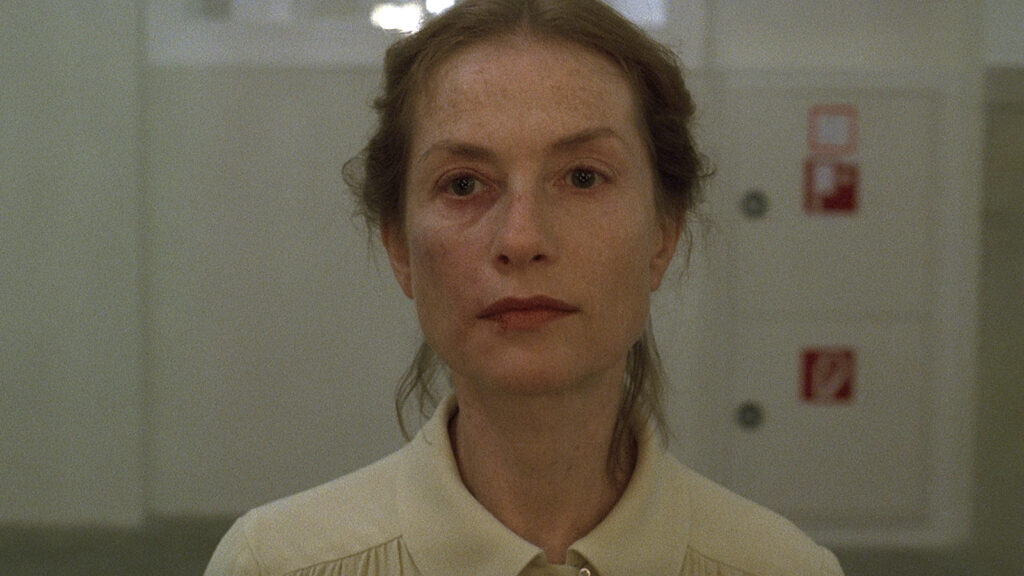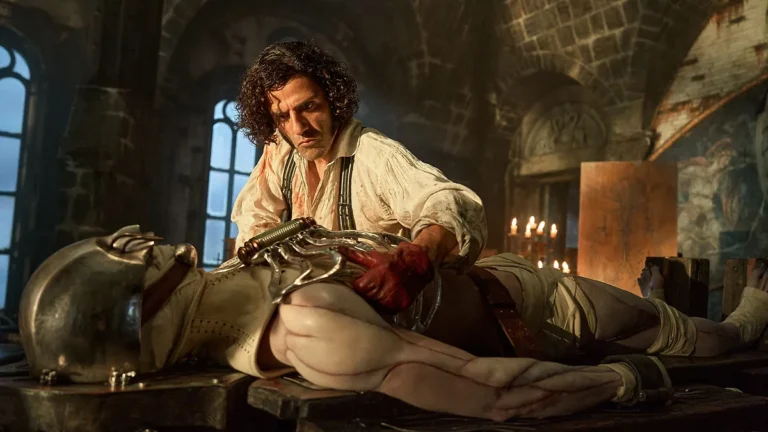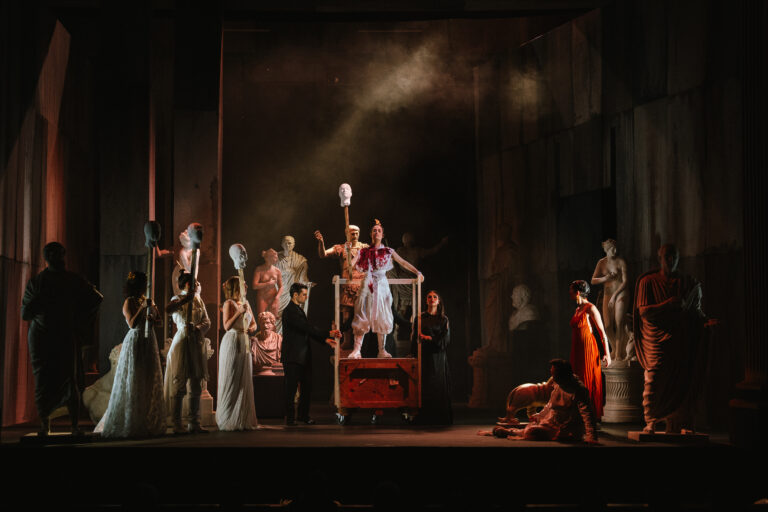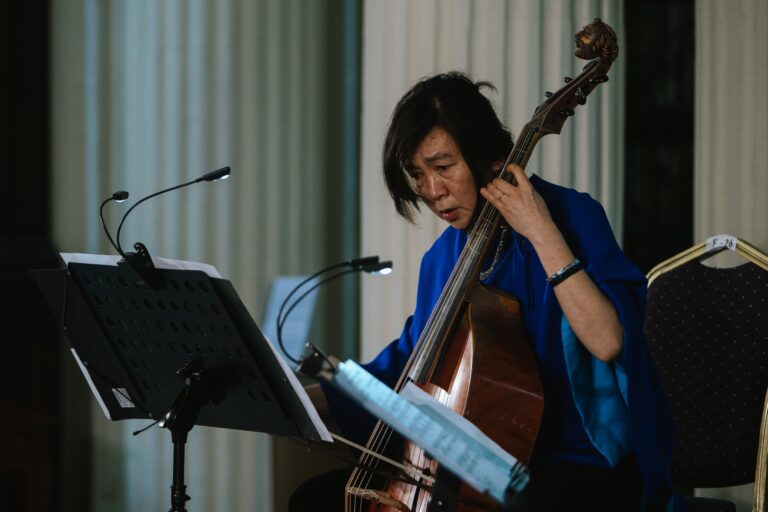Michael Haneke is surely one of cinema’s most uncompromising auteurs, known for his stark, unsentimental studies of the darker sides of humanity. The recent retrospective of his work, Complicit, has given audiences a chance to revisit some of the Austrian master’s modern classics.
First up is 2001’s The Piano Teacher, which centres around Isabelle Huppert’s tightly wound, perfectionistic pianist Erika, who finds release in BDSM porn films and masochistic sexual fantasies. This comes to a head when she meets Walter, a handsome young man with aspirations of becoming her student.
This may well be the most gruelling of Haneke’s films to watch. Of course, his 1997 masterpiece Funny Games is far more notorious for its explicit violence. However, Funny Games functions as much as a meta-commentary on what an audience expects from a horror film. It liberally breaks the fourth wall—literally winking at the camera. The Piano Teacher, by contrast, is grounded in reality, and when violence is inflicted, it feels all the more palpable.
Huppert is perfection in the lead role: beneath her icy, freckled surface simmers a Molotov cocktail of pain, lust, and fear, occasionally bubbling over into her life. She is certainly an enigmatic figure, and her actions in the film may well leave some theatregoers scratching their heads. But as a portrait of a repressed woman walking a tightrope between composure and hysteria, it’s utterly believable.
Benoît Magimel is superb as Walter, the subject of Erika’s obsession. Popular, young, and as generically handsome as a Ken doll, he makes a perfect foil for Huppert’s lonely spinster, yet is no less brave in his navigation of the character’s darker side.
Coming after the ’90s—a decade infamous for its love of erotic thrillers—The Piano Teacher is something wholly different. Haneke’s film is detached, voyeuristic, clinical… The only music we hear comes diegetically from the piano playing in the film. Haneke’s refusal to spoon-feed any emotional response leaves us to interpret much of the film on our own terms, without easy answers.

Perhaps the most prescient theme here is the line between sexual fantasy and reality, and the danger that comes from blurring the two. Haneke is obviously interested in our psychological relationship with media (Benny’s Video and Funny Games being the purest explorations of that), and The Piano Teacher could be seen as investigating how our consumption of pornography distorts how we perceive sexual violence. Or perhaps that’s an all-too-simple interpretation.
Like all great art, The Piano Teacher will stay with you long after it’s ended—a hauntingly powerful portrait of a woman on the edge of insanity.




